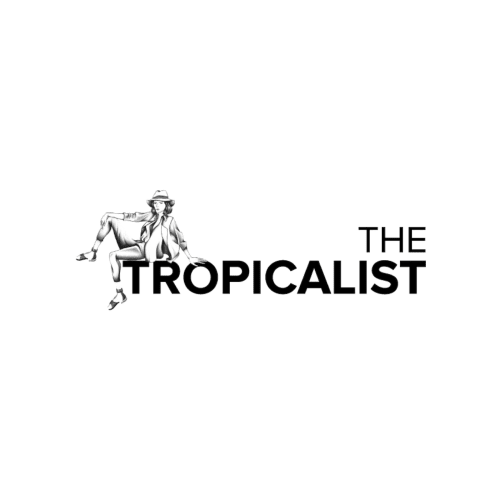“Our system of elite education manufactures young people who are smart and talented and driven, but also anxious, timid, and lost, with little intellectual curiosity and a stunted sense of purpose... heading meekly in the same direction, great at what they’re doing but with no idea why they’re doing it.” - William Derisiewicz
In this special Singapore-based edition of The Line, we ask the hard question about raising excellent sheep with our guest speakers and invited guests, including Mamakan (artist), Sarah Ichioka (Hon FRIBA, The New Intentional Communities Project), Maya Thiagarajan (Educator and Author, Beyond the Tiger Mom) and Nadine Yap (Digital Media and Social Entrepreneurship Product Strategist, Business Operations and UX Optimizer).
Durand (moderator):
Well, we are lucky to have with us here tonight the artist Mamakan, who can speak to the Scandinavian system of education that we’ve all heard so much about.
Mamakan (the artist behind Treasure Island 2017, National Museum of Singapore and GastroGeography 2016, Singapore Biennale): Coming from a country where everything’s free, paid for by the state, this whole tuition system really bothers me. I grew up going to whatever school is close to you. At one point, my family lived in a place with three bands of income. There was a beach area with high income, a middle area and a poor area. I remember visiting a kid from the poor area, and her house was almost made from cardboard, and that was normal, and I felt sorry for her. I tried to make her come to the local disco, some kind of rescue thing which was totally silly.
We had that exposure — it was normal. We grew up with all sorts of people. We didn’t have exams till we were sixteen. There were a few tests once in a while that nobody cared about. I grew up not making any homework. The beautiful thing about that is you grow up doing what you love. I spent all my free time reading newspapers and taking photographs. Today in my art work, I do fine art photography and installations, using social commentary in my work. I used my childhood for doing what I am today, and I think that’s maybe why I am successful, because I spent all those years doing what I love… Until somebody said, but no you also have to make a a living, and I spent a few years in the corporate world trying to do that, and I wasn’t very successful! What I’m trying to say is that I think that most parents are missing the big picture.
Some of those wandering years, I spent in future research, and with the AI revolution that’s coming, there’s only three things that kids need to be good at. One is empathy, because that’s the only thing that machines can’t be good at. Yet. Apparently some forty percent of Japanese men wish to have robot wives. Creativity is very important, because machines are not really good at that. The third thing is the wild card, that is if global warming goes completely crazy, which it will, and we’ll all have to be foraging and living in rudimentary conditions. And none of those three things are taught in schools. None of them.
Sarah:
Building on what Mamakan said, I think when you look at the Scandinavian model, it really highlights how the majority of transatlantic anxieties around preparation for higher education is based in the neoliberal system, and which conditions us to perform as individuals in competition and with very little safety net. So you can’t fail.
If you’re relying on your child to provide for you in your old age, of course you’re going to drive them to the lucrative job they can succeed at. Whereas in the Scandinavian model, because there is that broader social contract about supporting people, there is more room to let people fail. It’s envisaged more collectively. I really wish that those of us who are parents would use that as a catalyst to find solidarity with others to look at broader systemic change, as opposed to purely looking at our own pathway.
See the full story and listen to the podcast here
